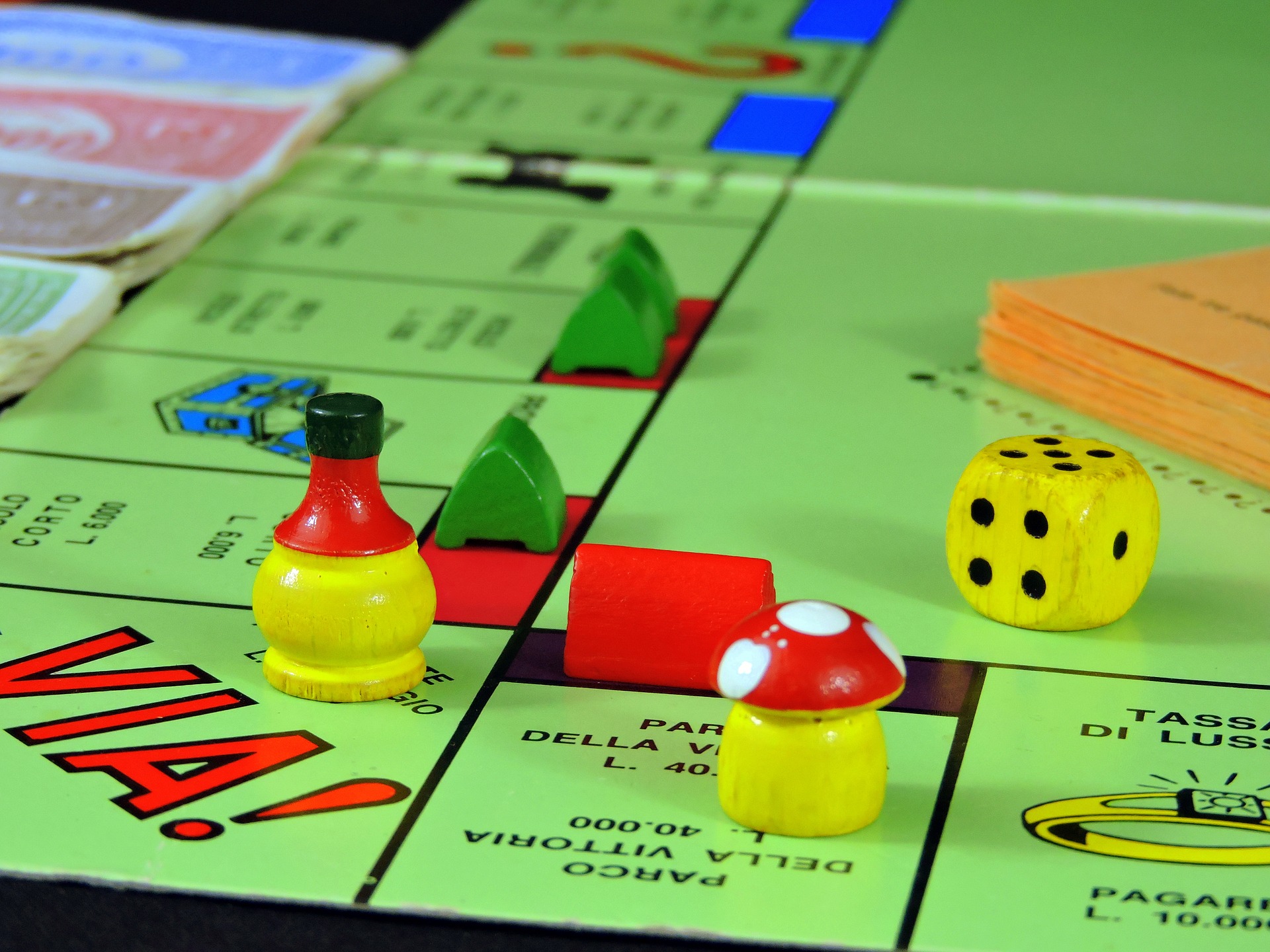Learning a new language can be gratifying, but also challenging, tedious and sometimes boring. As with any other skill, though, there are many ways in which you can make learning a language more fun, and the chief among them is playing language learning games!
Why learning through games?
Since traditional learning methods can often seem repetitive and monotonous, language learning games offer a great alternative for those seeking more fun, stimulation and long-term retention.
They allow the learner to build mastery over the language by:
- creating a more adaptive and dynamic learning experience;
- building a stress-free atmosphere within which the learner can engage with the language at their own pace;
- helping maintain motivation through fun, enjoyably competitive elements.
As the learner progresses through the game, they also attain higher levels of skill and an advanced understanding of grammar, syntax and other elements. There has, in fact, been a surge in the popularity of language learning games, as they are seen to be a more time effective and non-threatening method while effectively integrating numerous learning skills and providing a holistic approach to learning.
There are many kinds of games that learners can consider making part of their own language learning toolbox. Depending on their personal style and preferences, they may choose any (or many!) of the following:
Computer Games
Many people associate computer games either with kids or geeks. What they don’t realise is their utility in learning languages.
For instance, Influent is a PC game in which the player takes on the role of an inventor who has made a translation machine, and needs the player’s help to re-build its vocabulary after the device gets stolen.
Similarly, Trace Effects is an engrossing online game designed for young people to learn English through the journey of its lead character, Trace.
Websites like Digital Dialects and Language Gain also host a wide array of interesting online games across many languages. They can prove to be great resources for brushing up one’s grammar, strengthening vocabulary and learning how to hold conversations in the target language.
Board Games

Board language learning games are another useful tool to bolster one’s language skills. Learners often use them to build vocabulary, comprehension and expression.
Among the obvious classics is the vocabulary game Scrabble. Players create words from letter tiles they draw on a game board that challenges them to maximize their score.
Another popular game, Taboo, hasn’t traditionally been a language learning game but can be great fun by pushing the players to explain the main word in creative ways and test their vocabulary and verbal proficiency as they play.
Similarly, games like Once Upon a Time lend themselves extremely well for groups to have creative story-telling sessions, thus helping learn new words and practice verbal expression.
Group Games
For those who enjoy community activities, group language learning games provide the perfect opportunity to connect and learn with other learners who may be at different levels of mastery. The benefit with group games lies in connecting with people who may be facing similar challenges and getting a platform to practice one’s speaking skills while in a relaxed environment.
Group games for learning languages can range from impromptu speaking activities like ‘Just a Minute’ (JAM) where players speak for a minute on topics drawn from a bowl, to story telling games like Spin a Yarn which requires each player to add a line to the previous player’s line such that the group collectively creates a story.
Groups can create many new games depending on their learning objectives, or draw inspiration from online resources that provide a variety of games ideas for learning vocabulary, grammar, pronunciation, listening and speaking skills.
In-App gamification
A step ahead of the games mentioned above, apps that gamify language learning are now the most advanced option available to learners. Essentially, they use game elements to create a comprehensive learning tool that’s available to users with the click of a button. Apart from being a fun way to learn, they ensure that the learner can proceed at their own preferred pace. They also optimise time through small capsule modules that the user can access whenever they have even a little time available. Finally, they are the most learner-friendly in helping to track progress and adapt to the user’s unique learning needs.
Among the most comprehensive apps in this category is Bilingua. It brings together the key elements of games as well as community based models to create a unique learning experience for its users. The app not only contains games and activities that one can play with Shiro-the-bot, but also helps users connect with learning partners with whom they can converse, share tips and practice their language tips.
Clearly, there is no dearth of options for those who want to create a fun language learning experience for themselves. So let those textbooks rest on your bookshelf for a while and let games make your language learning journey more enjoyable and exciting!




One response to “Language Learning Games: Never Bored”